All Publications
A collection of my recent writing.
Filter Publications
Showing 27 of 27 publications
Showing 27 of 27 publications
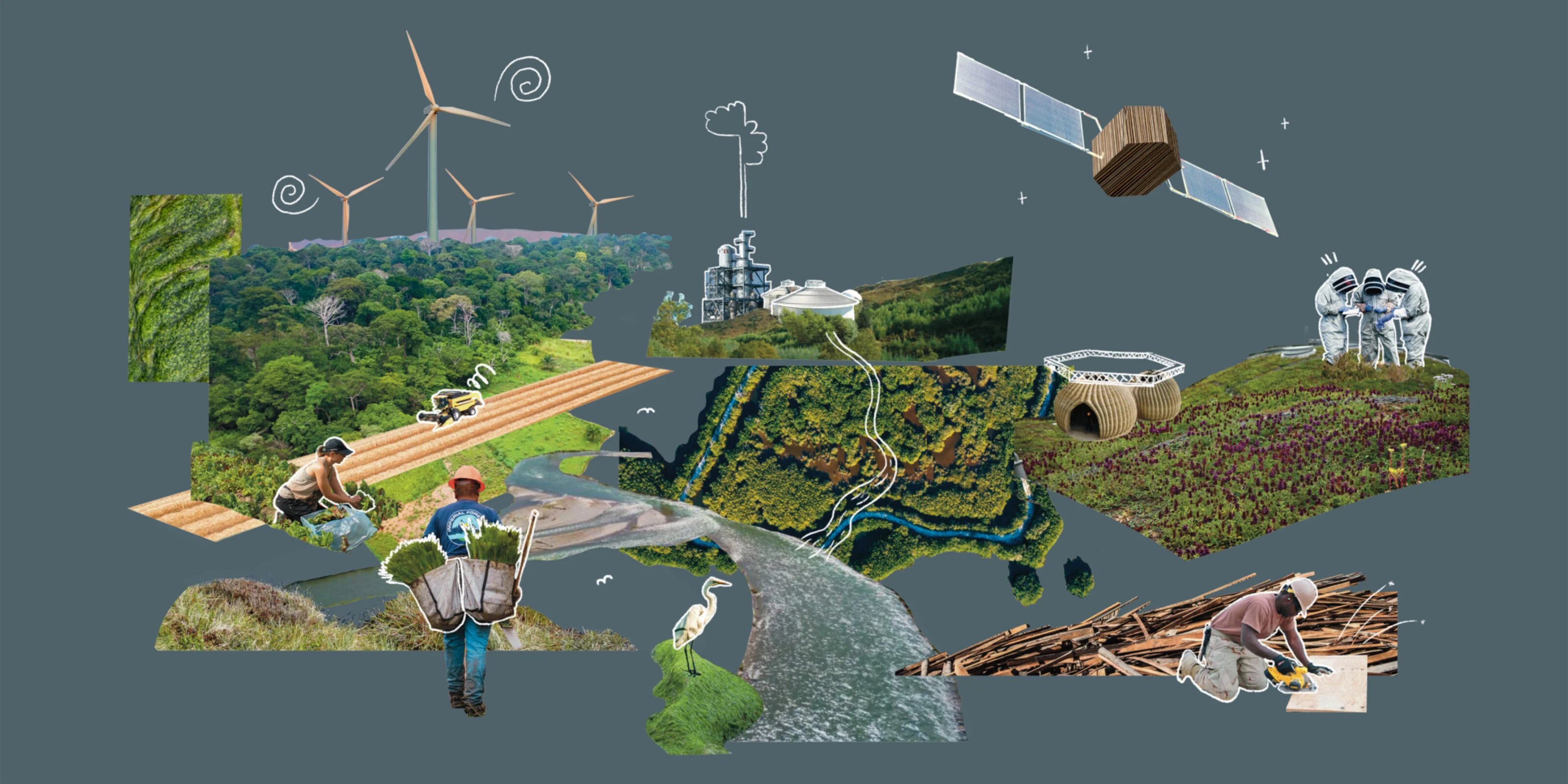
Chatham House
Co-authors: H. Throp, E. Oosterlaken
In this visual essay, we highlight some of the key ideas for how to catalyse transformative nature and climate action through the strategic development of bioeconomies.

Chatham House
Co-authors: D. Gunn, M. Harris
A summary of the key elements of the Sustainability Accelerator's two year research cycle.

Chatham House
Ideas for how investment reform can help address bottlenecks and reduced capital flows for the transition that arise from systemic short-termism, unequal distribution and non-productive investment.

Chatham House
Some promising areas of existing action that could kickstart more transformative regenerative design.
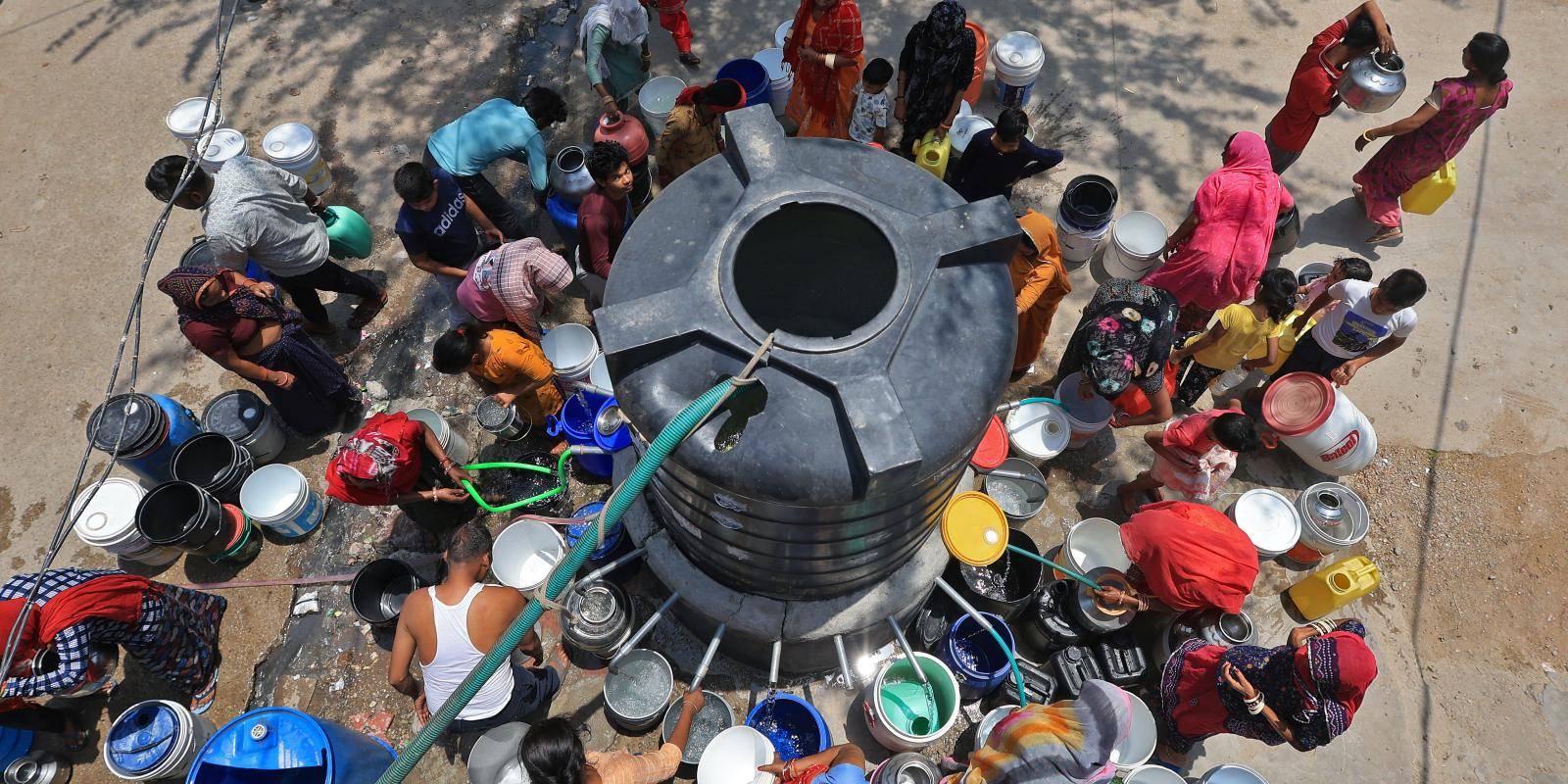
Chatham House
Co-authors: A. Farhan, L. Toremark
Explaining the link between heatwaves and climate change, the impacts of extreme heat, and what governments and cities are doing to adapt.

Chatham House
Some reflections on discussions at the UN Biodiversity Conference (COP16) in Cali, Colombia.

Chatham House
Insights from business leaders on regenerative practices in the built environment.
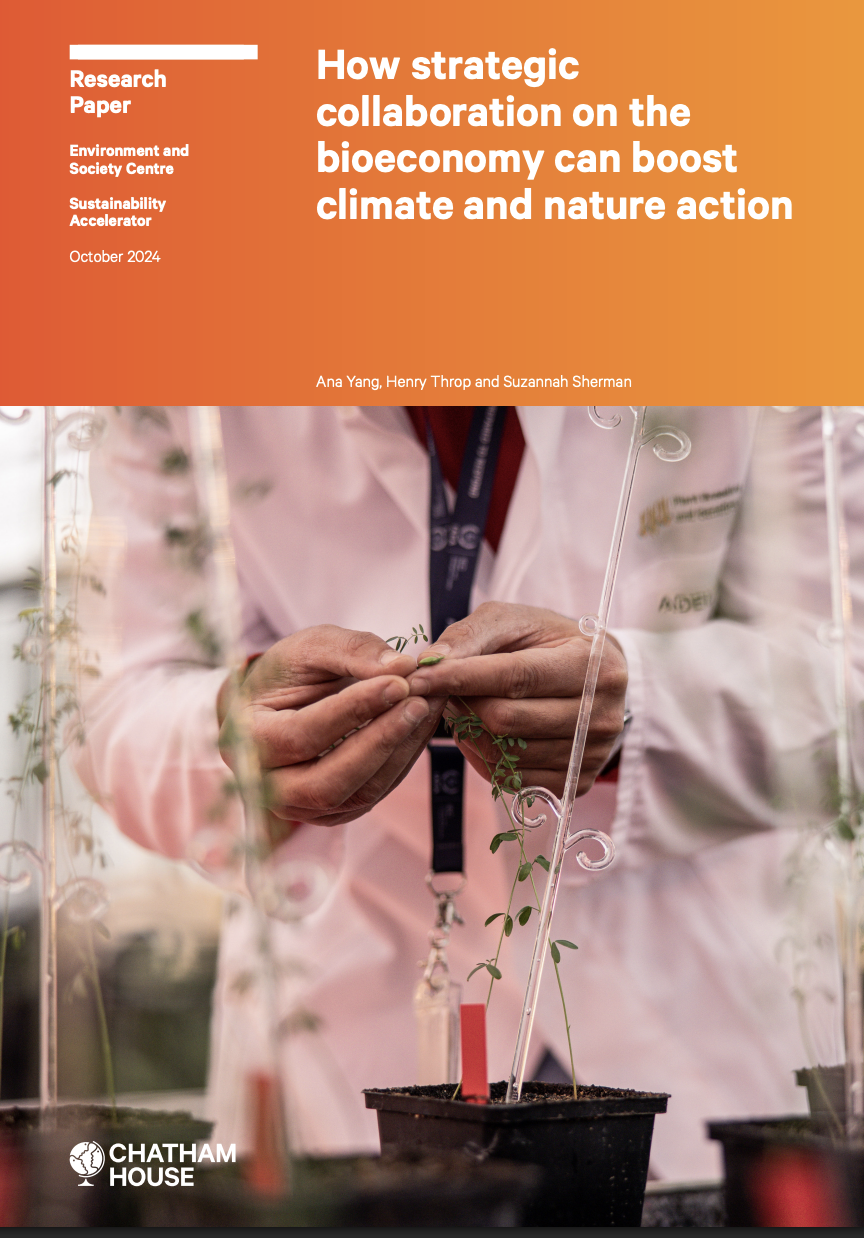
Chatham House
Co-authors: A. Yang, H. Throp
This paper examines the potential for international coordination on bio-based innovations.
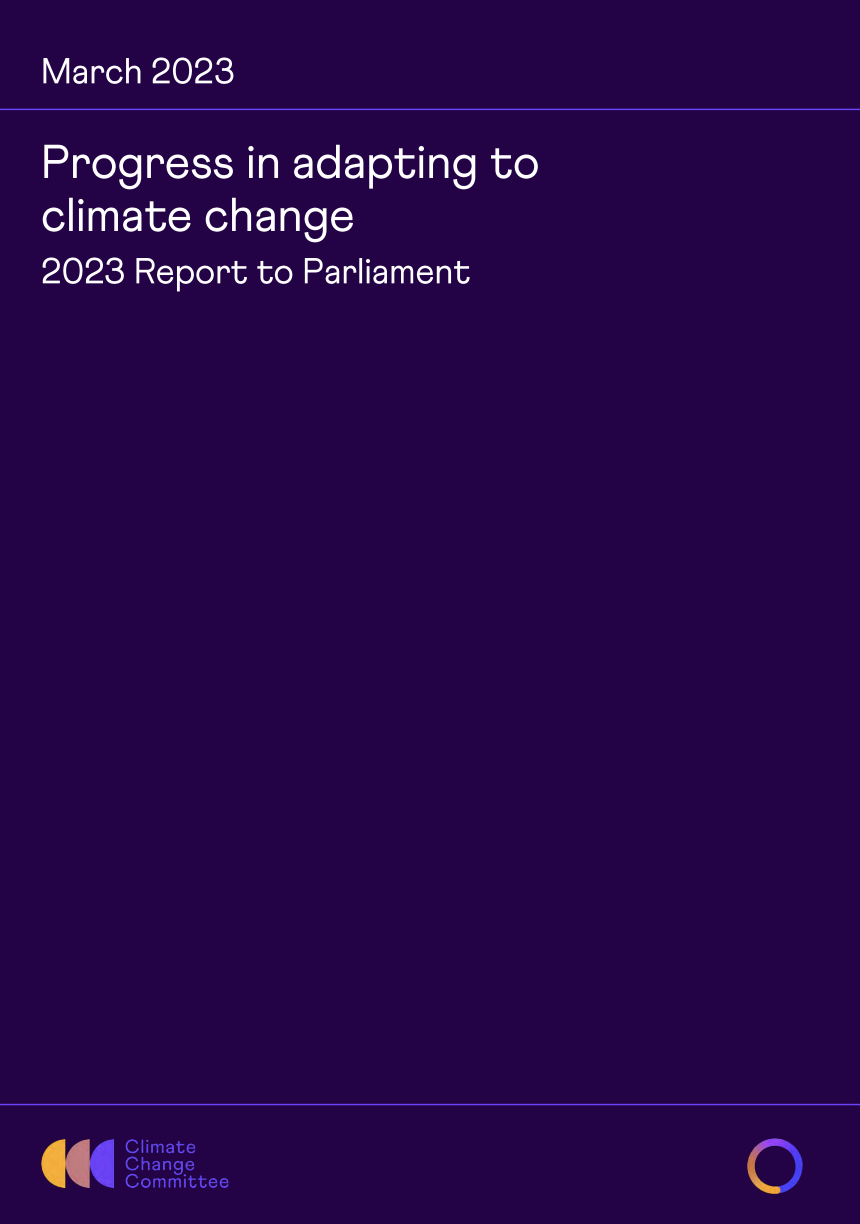
UK Climate Change Committee
The CCC's independent assessment of progress in adapting to climate change in the UK.
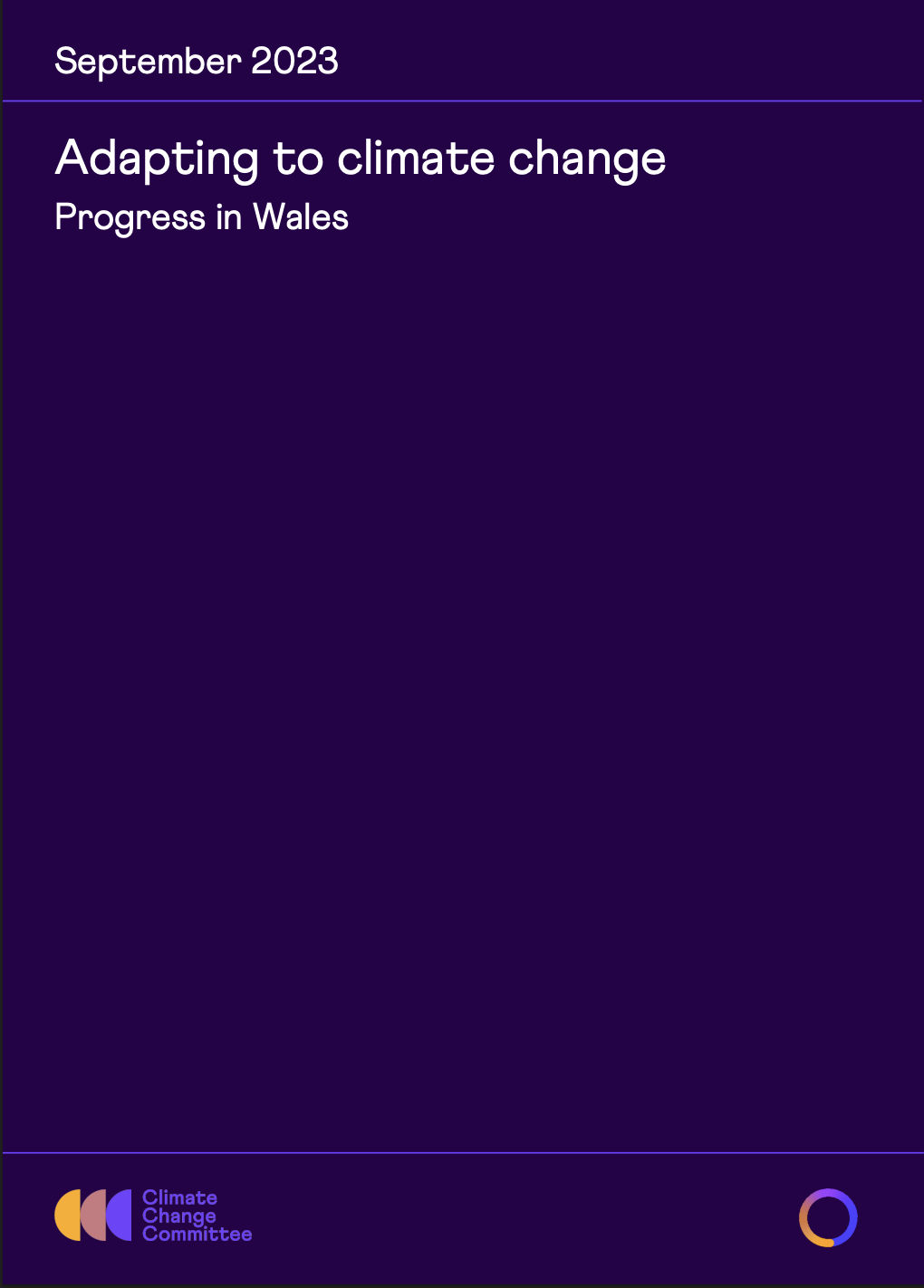
UK Climate Change Committee
The CCC's independent assessment of progress in adapting to climate change in Wales.

UK Climate Change Committee
The CCC's independent assessment of progress in adapting to climate change in Northern Ireland.
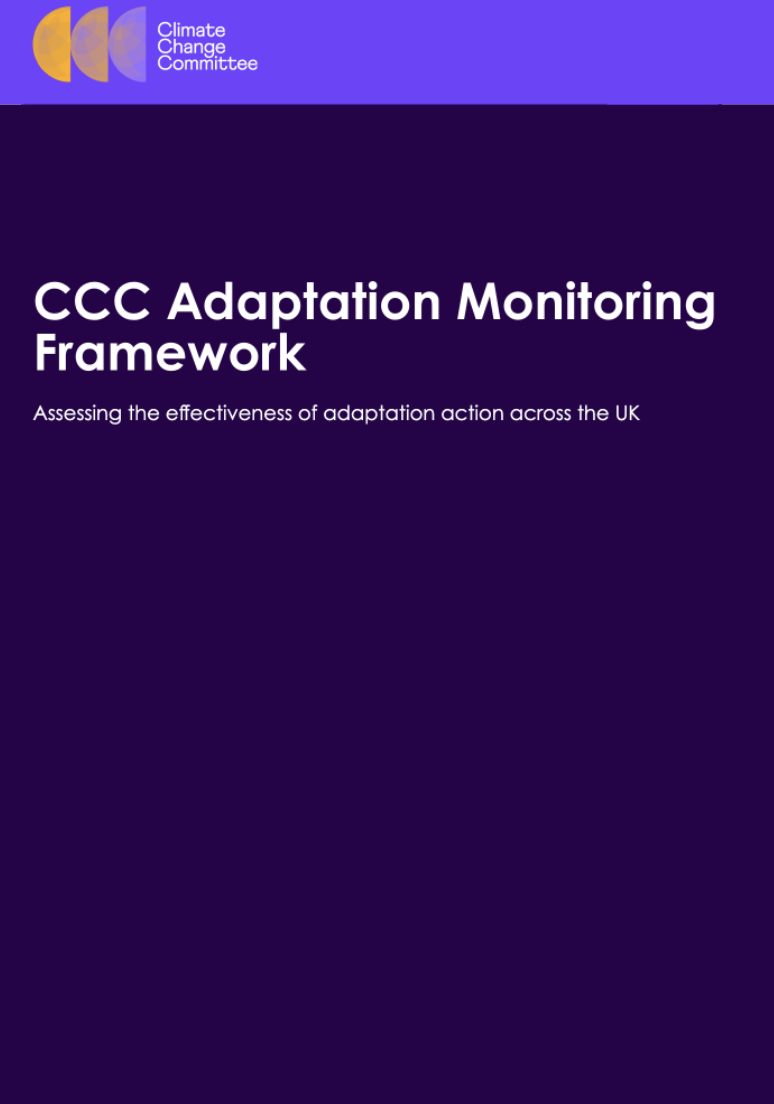
UK Climate Change Committee
A guide to the CCC's current monitoring framework on adapting to climate change.
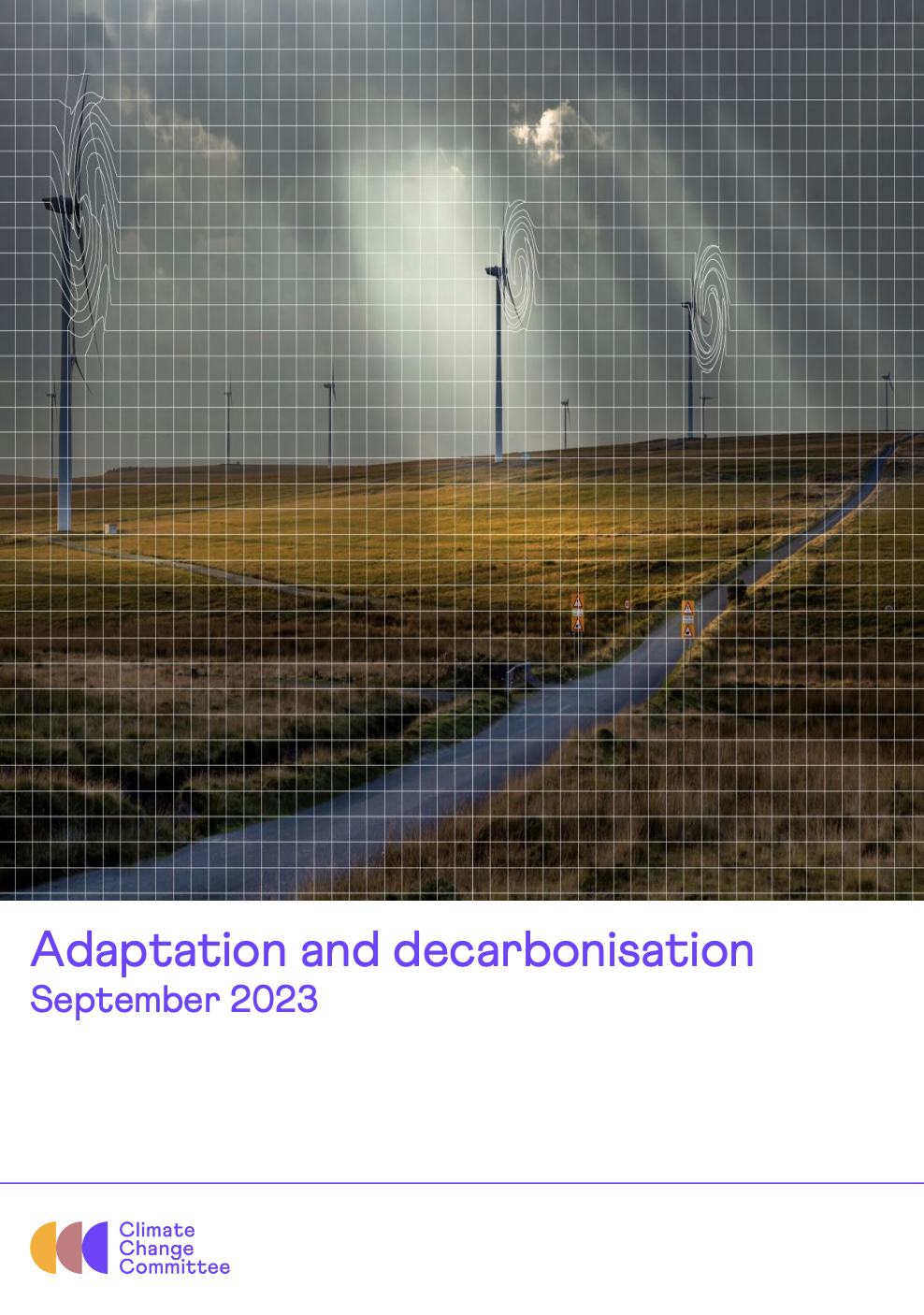
UK Climate Change Committee
This briefing provides a starting point for policymakers working on climate mitigation or adaptation, to consider how to integrate the two agendas effectively.
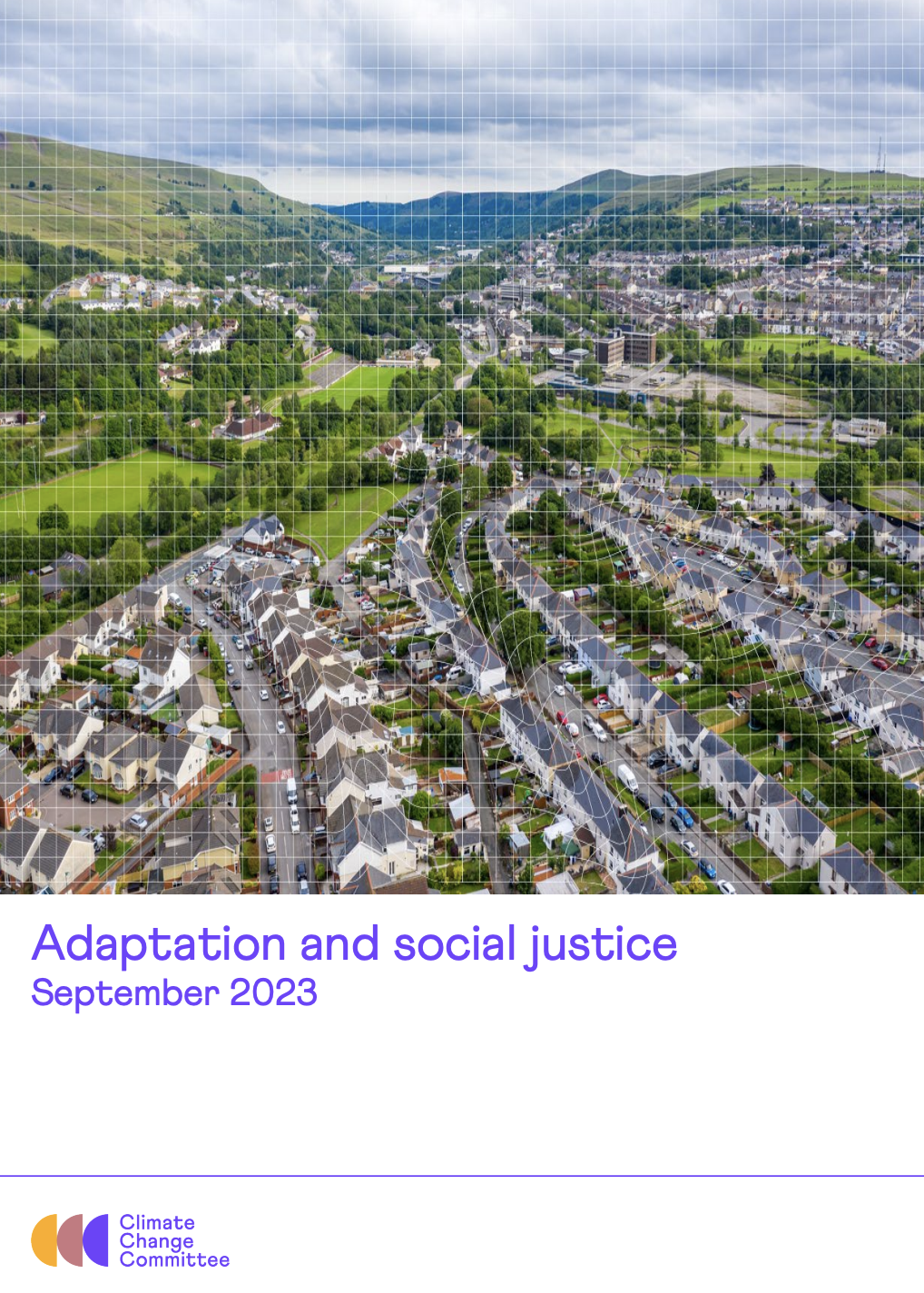
UK Climate Change Committee
This briefing provides a starting point for policymakers and others working on adaptation to integrate social justice together with climate change adaptation in Wales.
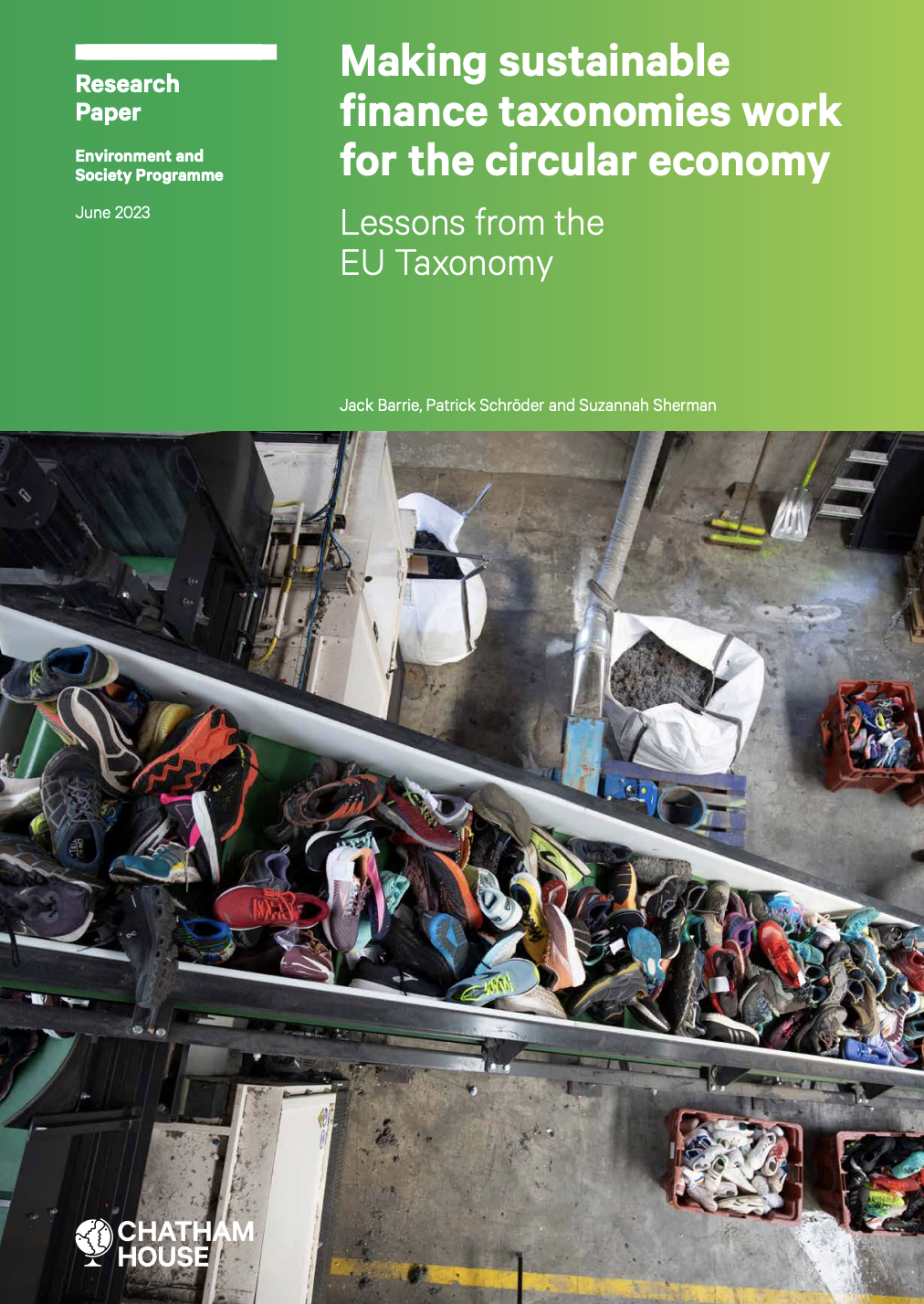
Chatham House
Co-authors: J. Barrie, P. Schröder
This research paper presents a detailed case study of the EU Taxonomy and identifies the unique challenges associated with embedding the circular economy, with the aim of informing the development of similar taxonomies elsewhere.
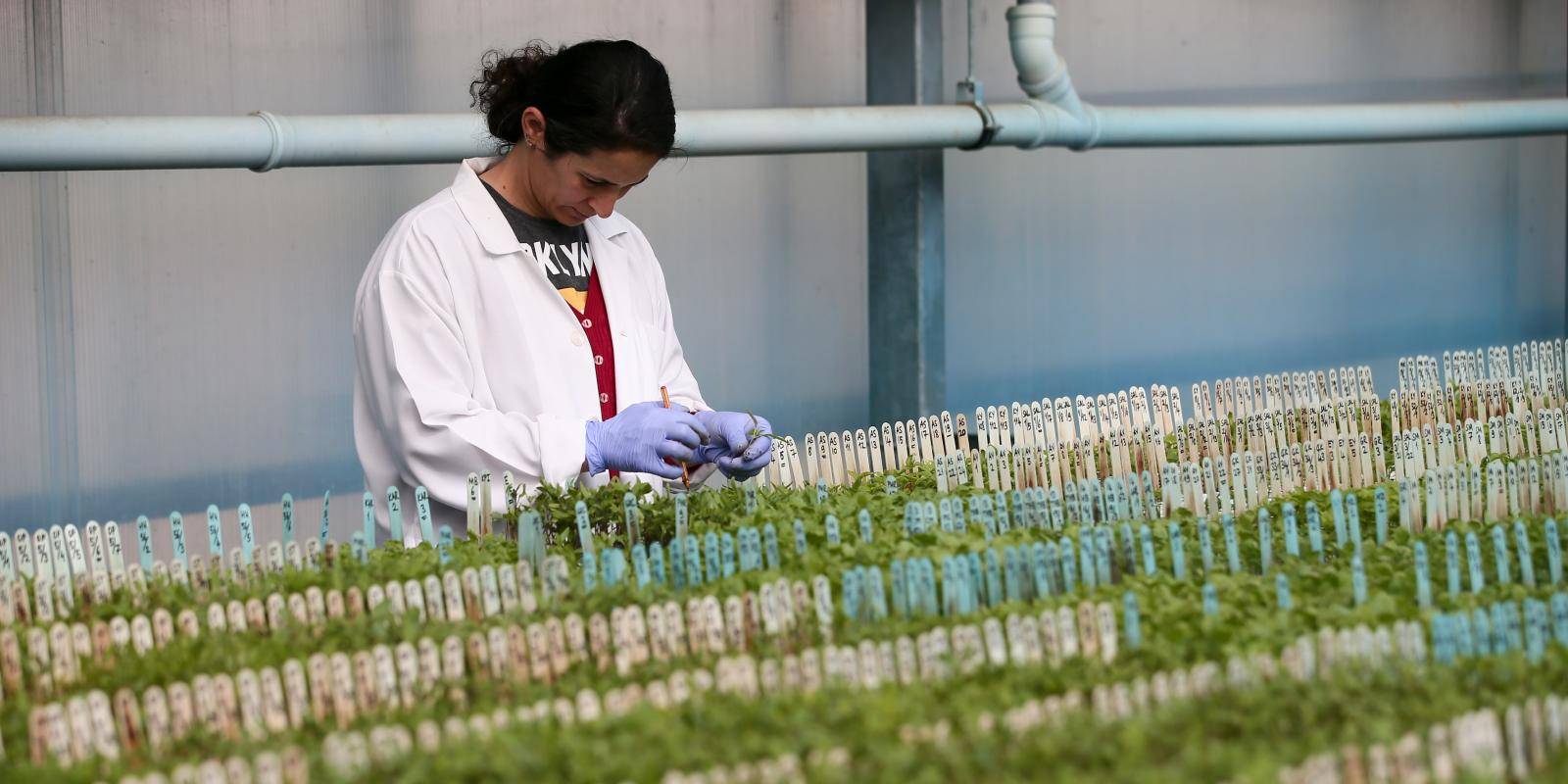
Chatham House
Co-authors: H. Throp, A. Yang, R. Waack
This paper assesses the opportunities, risks, and future trends of integrating forest restoration as a nature-based solution into the evolving global forest bioeconomy to ensure positive outcomes for the climate, biodiversity, and people.
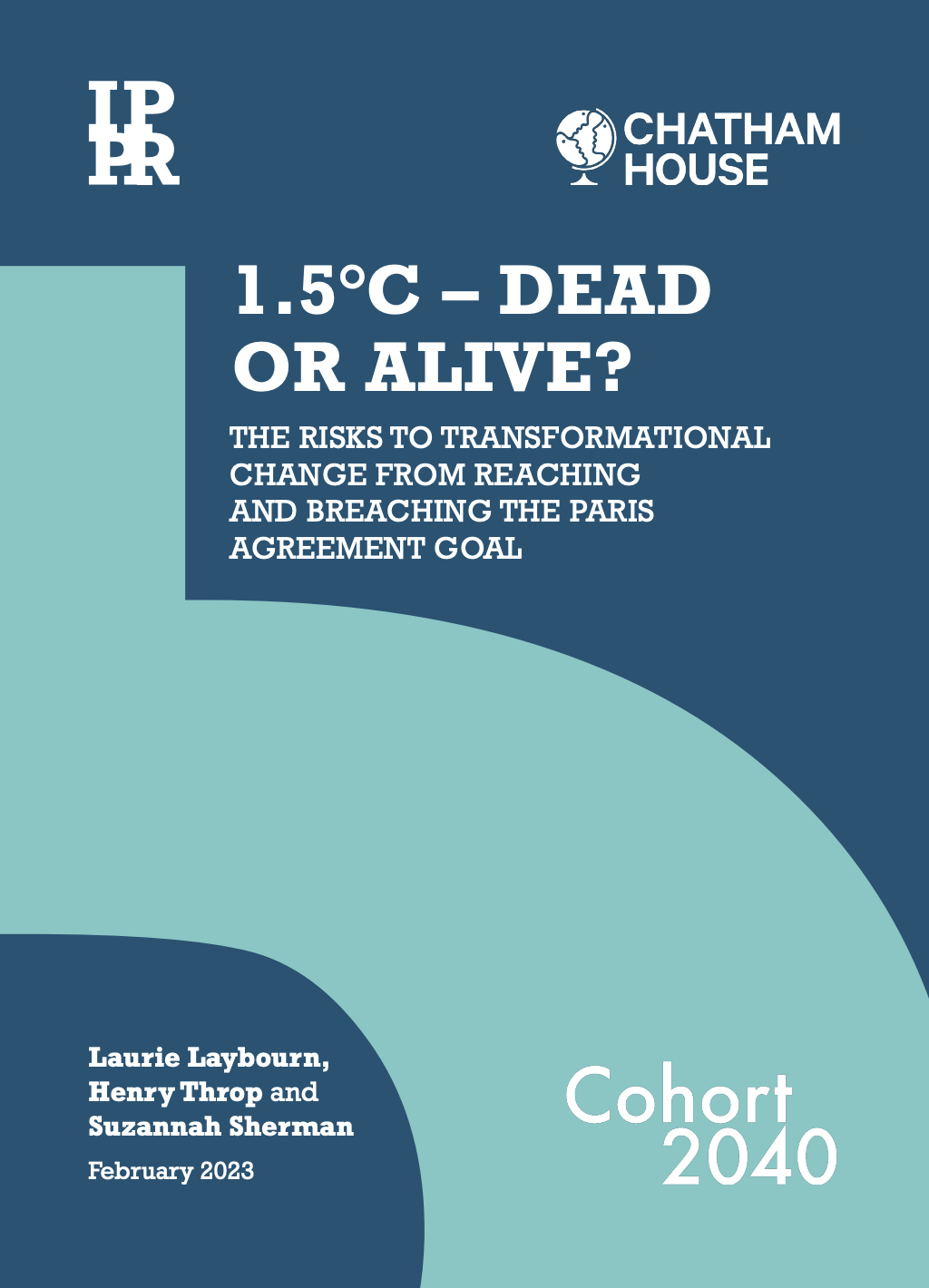
IPPR and Chatham House
Co-authors: L. Laybourn-Langton, H. Throp
This paper argues that as the current crisis deepens, it presents both significant threats and unique opportunities for rapid environmental action, which must be addressed through a coordinated and systematic effort.
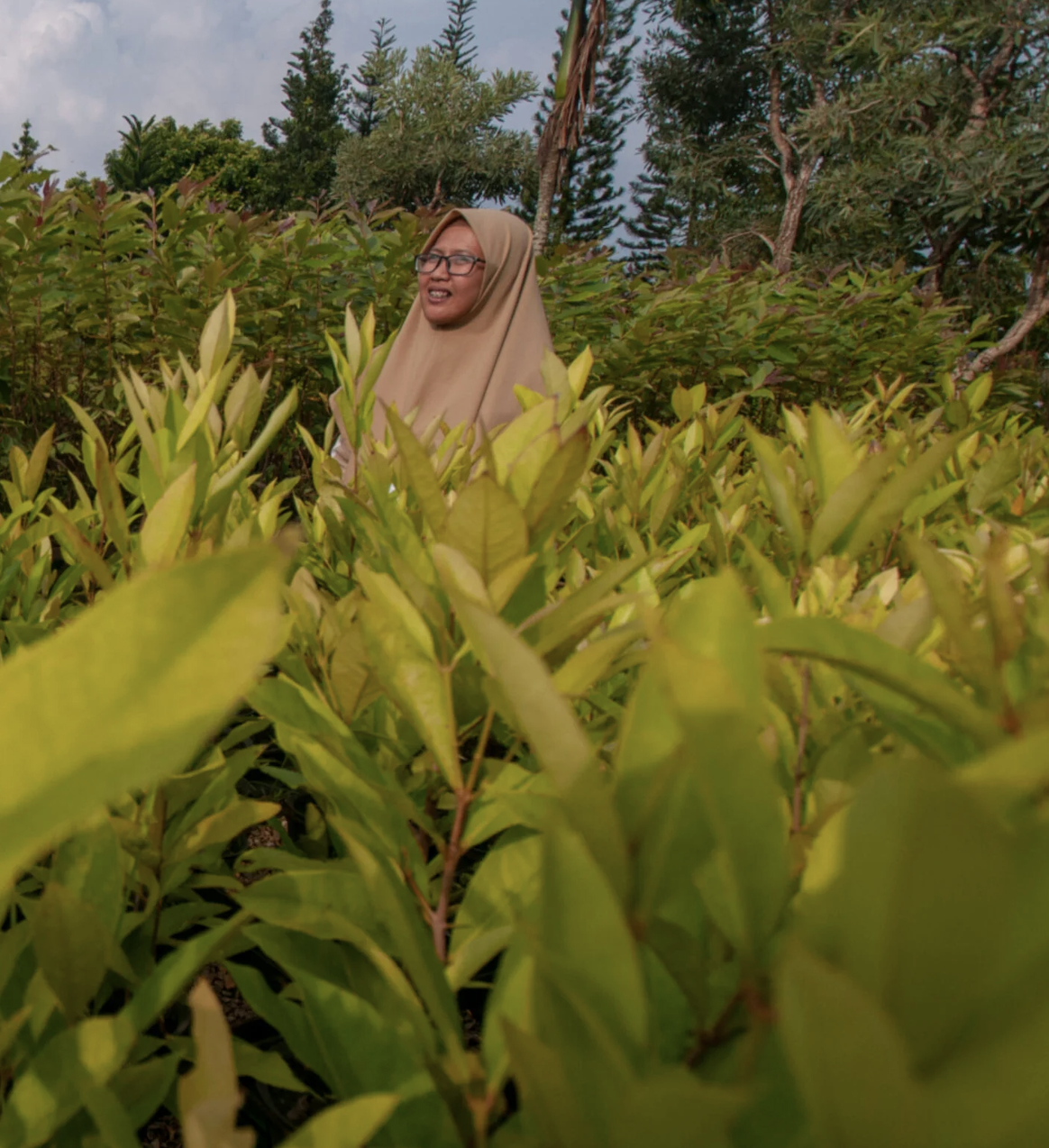
Chatham House
Co-authors: H. Throp, A. Yang
Policymakers need to take steps to ensure the development of a sustainable bioeconomy, with lasting benefits for our economies, the environment, and people.
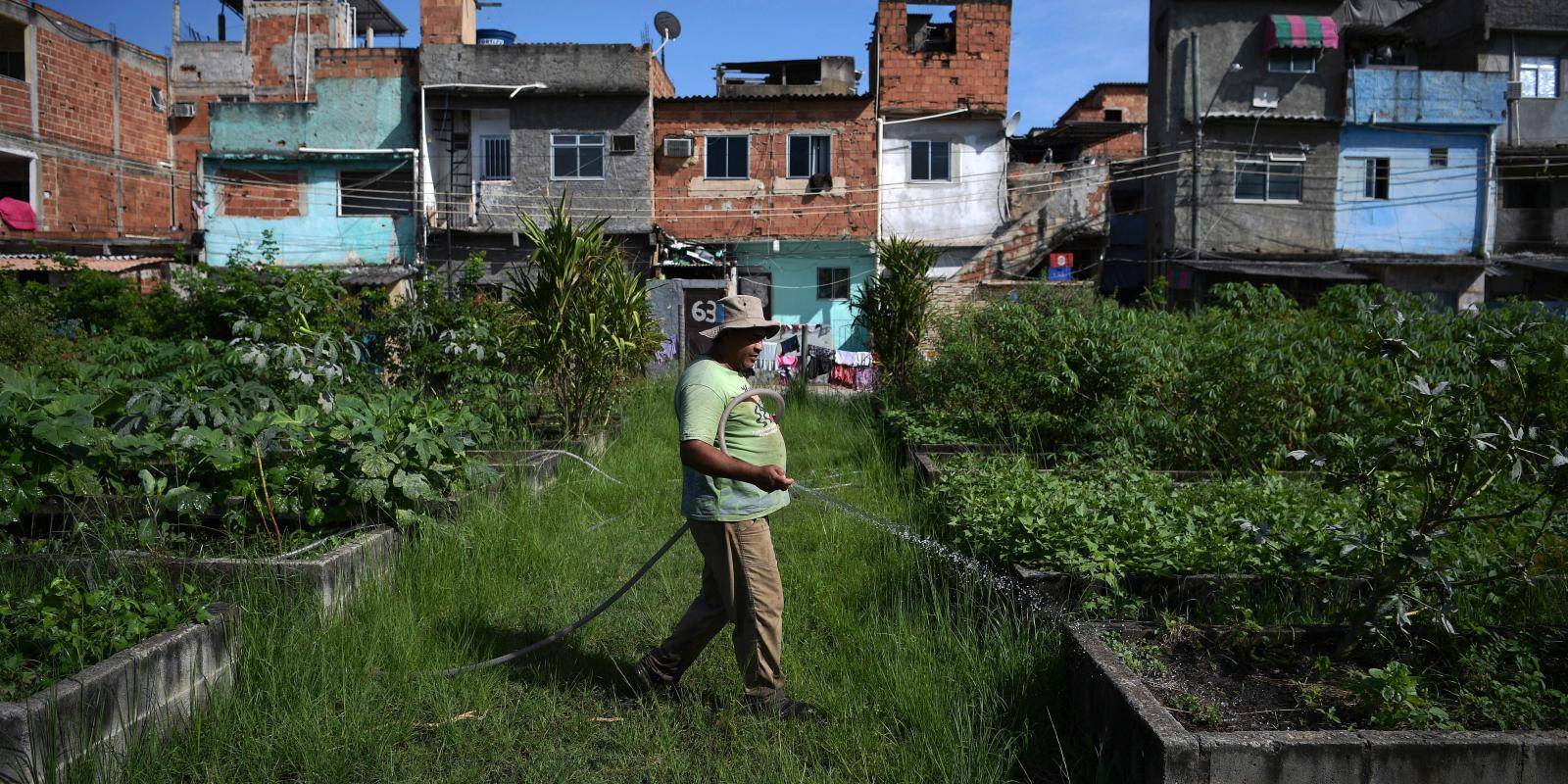
Chatham House
Co-authors: N. Gillespie, P. Schroeder, K. Elgendy, J. Wallace
How should societies rethink their cities to meet future challenges and make urban life better for all?
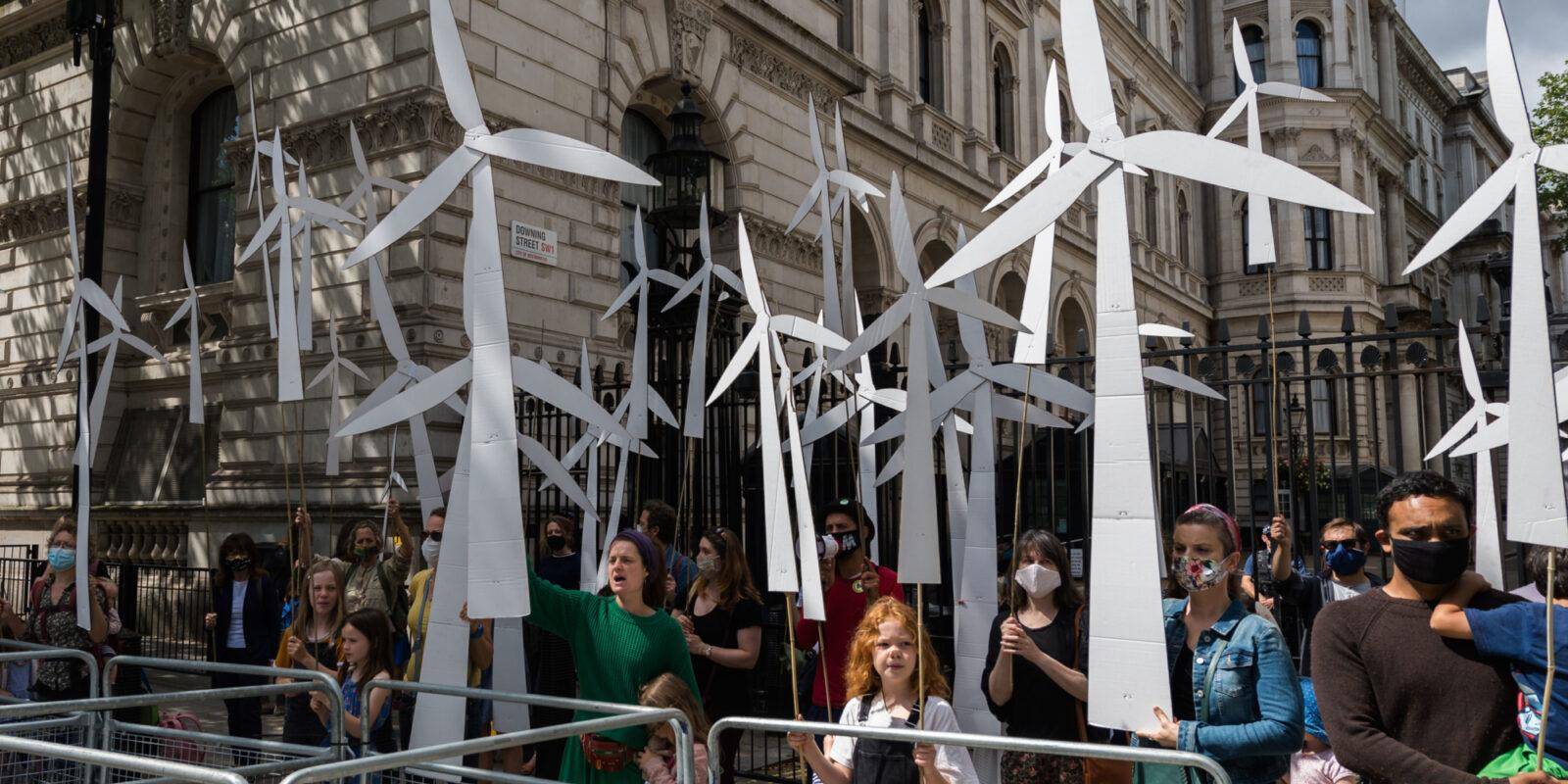
Chatham House and COP26 Presidency
Co-authors: N. Gillespie, A. Yang
Chatham House worked with the UK COP26 Presidency to convene business leaders to explore innovative solutions to accelerate climate action and to share a collective vision for a 1.5°C world.

Chatham House
Co-authors: H. Fazeli
Using more bio-based materials, such as cross-laminated timber in construction, could increase rates of decarbonization in buildings but policy alignment and increased investment are needed for their use to be scaled up robustly.
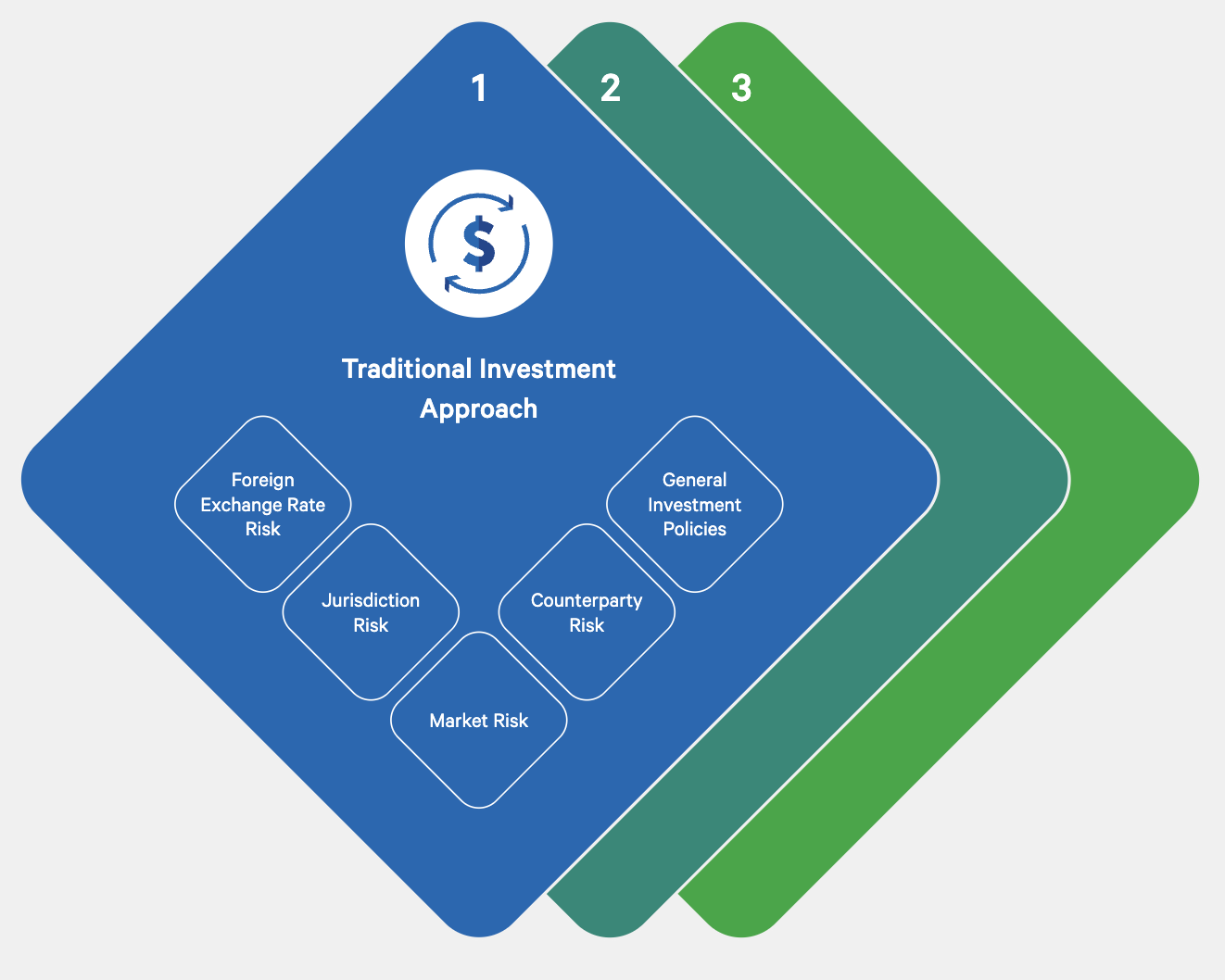
Chatham House
Co-authors: H. Throp, A. Yang
A conceptual learning tool to facilitate the inclusion of nature-based solutions within comprehensive portfolio decarbonization strategies.

Chatham House
Co-authors: H. Throp, A. Yang
The perception that nature-based solutions are a high-risk investment is preventing the deployment of capital at the scale needed.

Chatham House
Co-authors: A. Yang
The financial system could generate positive social and environmental impacts by driving the transition to sustainability while creating a fairer world. But, right now, it's not doing enough.

Chatham House
Financial institutions are beginning to come under pressure from consumers as their role in funding activities contributing to environmental and social harm comes under the spotlight. But, despite some change, vague commitments to sustainability are not always being matched with concrete targets.

Chatham House
The impact investment sector is growing fast but concerted efforts are needed to make it mainstream. This will require new metrics and standards to measure impact, new skills and knowledge for practitioners and opportunities to share best practice within, and between, institutions.

Chatham House
Co-authors: H. Throp
Built environments have the potential to transform from primarily 'users' of natural resources to 'providers' of societal value, which in turn can create infrastructure that is in harmony with people and nature. But to reach this goal stakeholders must be aligned behind this ambition.